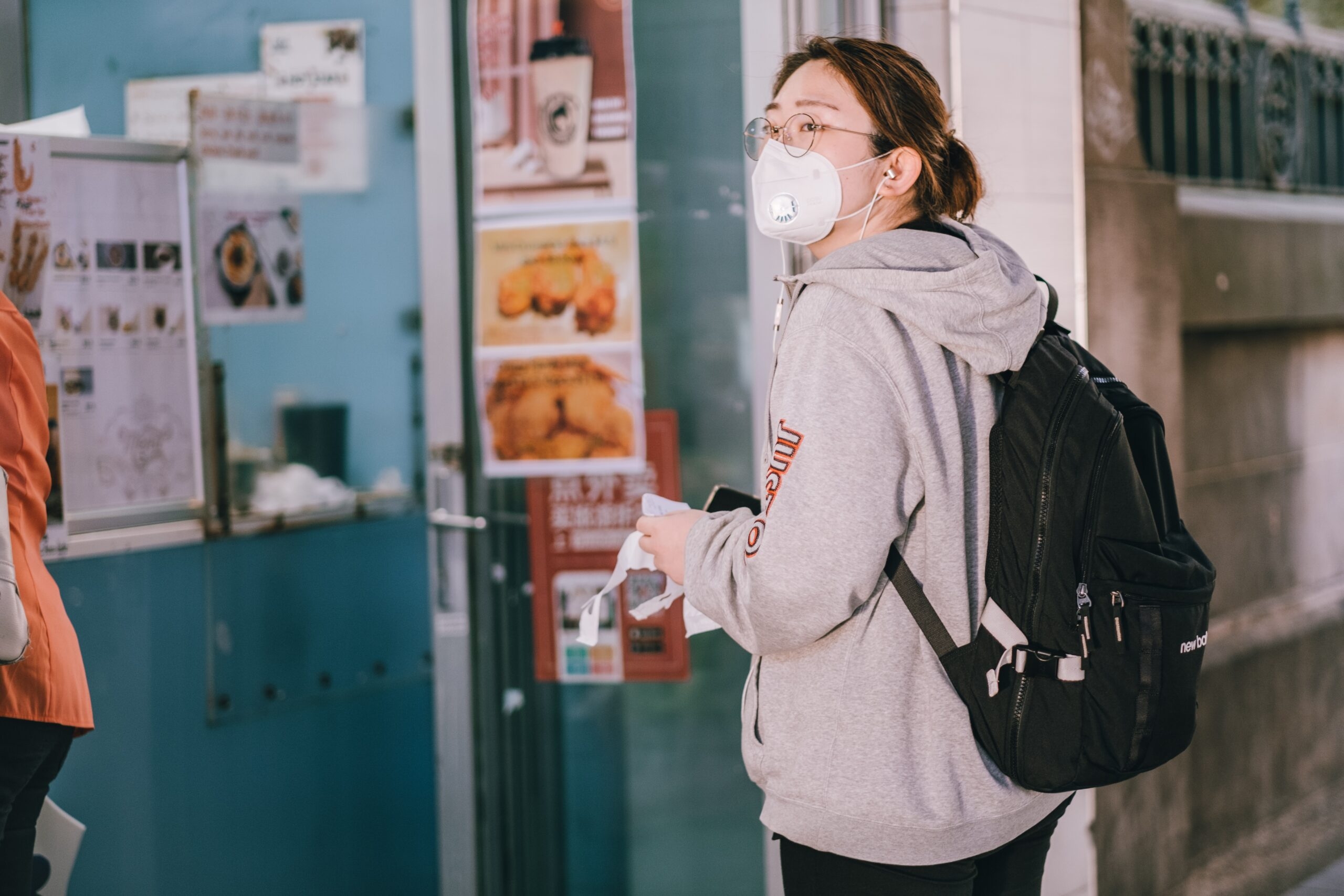The following are some of the most common psychosocial issues cancer survivors may face:
Fear of recurrence: It is common for cancer survivors to worry that the disease will return at some point. These fears are triggered or intensified by medical appointments, anniversaries, and other factors. Manage your stress, accept your worries, and focus on things you can control. Getting to know your own body can help you distinguish between normal physical changes and more serious symptoms that require medical attention.
Grief is a natural reaction to loss. You may lose your health, sexual drive, fertility, or physical independence as well. Counselling and support groups can help you address these problems.
Depression: According to estimates, two out of ten cancer survivors will experience depression at some point in their lifetime. [1] People who suffer from depression experience constant sadness and may not be able to enjoy their favourite activities. It is important to understand the symptoms of depression and to get treatment as soon as possible.
Body image: A lack of self-esteem can develop in cancer survivors who have undergone amputations, suffer from disfigurement or experience a drastic change in physical function. You may be dealing with scarring, weight changes, a missing breast or other body parts, or other body changes. Your body might no longer function the way it used to. Consequently, you may feel self-conscious about being intimate with your partner or going out. Having honest and open communication with family members can minimize negative feelings. Participating in support groups, counselling, exercising, and adhering to a proper diet can also help.
Spirituality: It is common for cancer survivors to rediscover a sense of spiritual meaning because of the disease and to recommit to spiritual practices or organized religion as a result. Studies have demonstrated that spirituality improves the quality of life by providing a strong social support network, adaptive coping mechanisms, reduced depression and improved physiological function.
You may find that you have a different perspective on faith after cancer treatment. Some survivors renew spiritual practices as a result of finding new connections and fellowship, while others question their beliefs.
Survivor guilt: There are some people who wonder why they survived cancer while others did not. Seek help from a psychotherapist or support group if you suffer from feelings of guilt for a prolonged period of time.
Relationships: Your friends, co-workers, and family members may treat you differently after you are diagnosed with cancer. Often, they avoid you or aren’t willing to discuss your cancer. Developing new relationships with other cancer survivors who understand your experience can be helpful.
Social situations: Getting back into social and professional life after a cancer diagnosis can be a challenge. Cancer survivors often find themselves unable to relate to their colleagues who have never been affected by the disease. It is possible that you are reluctant to discuss your cancer treatment with work colleagues or employers out of fear of being treated differently. Find out if your employer provides survivors with support groups or other resources. Additionally, many people fear an increase in infection risk, a lack of energy, and anxiety regarding their work performance. By communicating openly with colleagues, you can overcome feelings of uncertainty.
It is good to know you are not alone in your struggle. Social media, therapy, support groups and community resources are available to help you deal with these issues. Coping with psychosocial changes begins with recognizing that you are having problems and having the courage to seek help.
